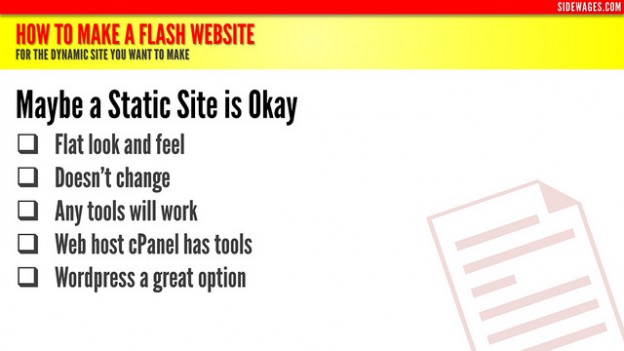What would happen if you set up a website to show off your handcrafted items, then decided you wanted to sell them? One of the first steps in creating a shopping site is setting up a shopping cart feature. Some web hosting companies offer this extra capability, but not all. What other features may you need to take into account?
Start looking for a new hosting site the second you detect there might be a problem with your current one. By doing this, if potential problems become deal breakers, it’s easy for you to quickly change to a brand new host that has less interruption in the plans you have than if a host server were to completely crash.
Hosting Provider
Look at your web hosting site to figure out what kind of websites they offer. Some free sites only offer pages that are static, which won’t allow you to write any of your own scripts. If you need a scripting page that is dynamic, you probably need to find a pay host instead.
Register domains separately from your hosting provider. That way, if there’s trouble between you and your hosting provider, your host won’t try to hold your domain name hostage. You won’t be able to control your domain registration, your host will.
Choosing a web host which is physically located in the same country as your visitors will boost the speed of your website dramatically. If your target audience is in the UK, your web host should have their headquaters in the UK, too.
You should make sure you choose a hosting service that gives you enough space to grow your site. A single page composed of HTML may not take up too much space, but images and videos quickly gobble up space. 100MB of space should be good enough to start, for most sites.
You need to decide whether shared or dedicated hosting best suits your needs. If this is your first website and it’s relatively small, a virtual shared server is probably good for now. If you’re moving a large website which already gets thousands or millions of views, shared probably won’t cut it. In a case such as this, consider a dedicated host to best meet your needs.
Most website hosting services will charge you based on the type of customer traffic your site generates. Read the hosting terms and conditions to see how you are billed. Some sites have tiers of service, while others directly bill you for the amount of data you transfer each month.
Many web host companies require that you back your data up. It’s crucial that you go ahead and do this to keep your data safe. In the worst-case scenario, since you have a copy of your data, you’ll know that you won’t be starting from scratch.
Be aware of your web host’s guarantee policy and whether they offer money back if you’re not satisfied. If you find the service isn’t working as well as you hoped, you should be able to get a refund. The time frame for this is generally 30 days. Some web hosts may fail to live up to their advertisements.
You may be getting charged by your web host on the traffic you get. Will it be a flat rate? A rate dependent on the amount of traffic you get?
Once you decide on the features you will need for your website, review which companies offer those features and check on their price. Don’t waste money on unnecessary features or, conversely, sacrifice elements that can benefit your website simply to save a few dollars.
Looking for website hosting? If that’s the case you’ll need to look no further than Hostgator. My own home page on Hostgator1centcoupon.info provides information on the most current, functioning Hostgator Coupon, that will get you up to 25% discount on your hosting.



